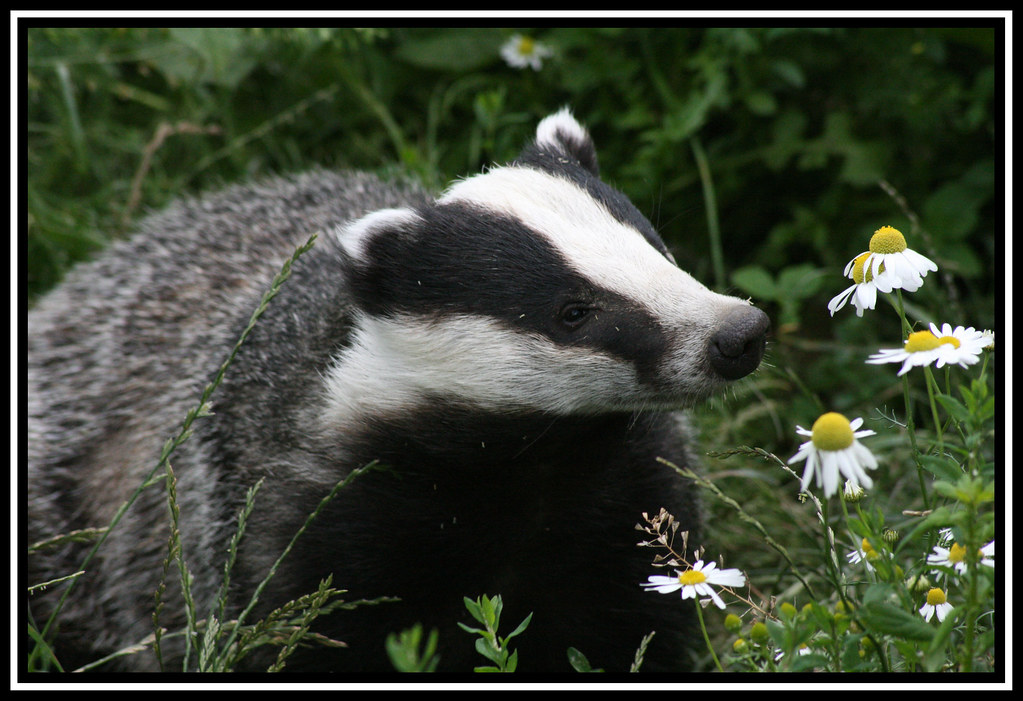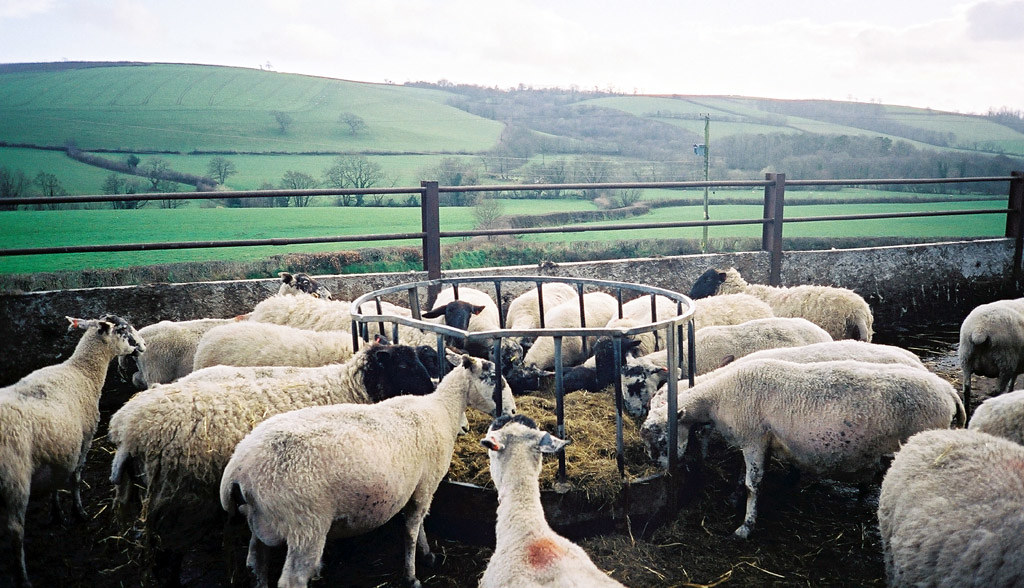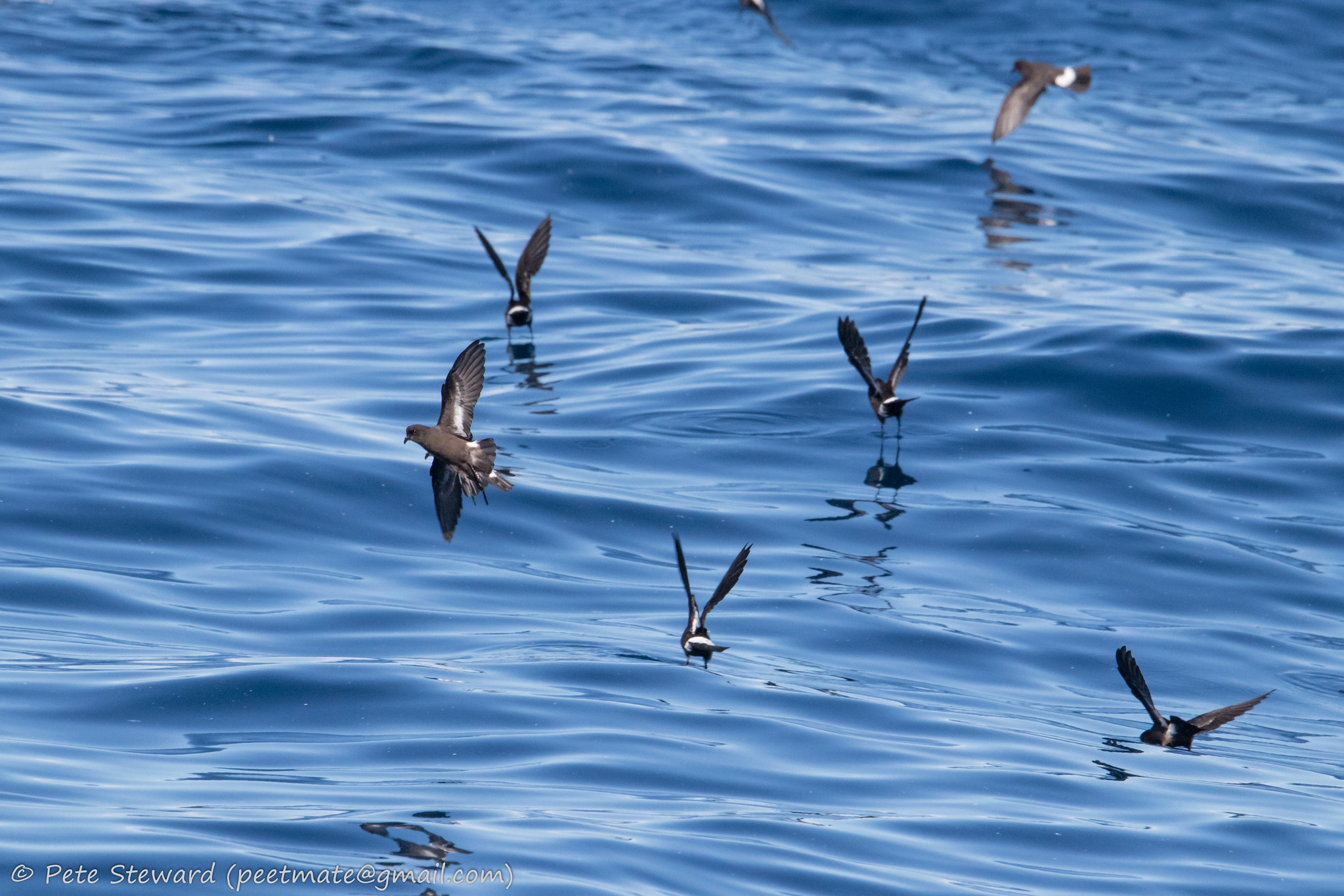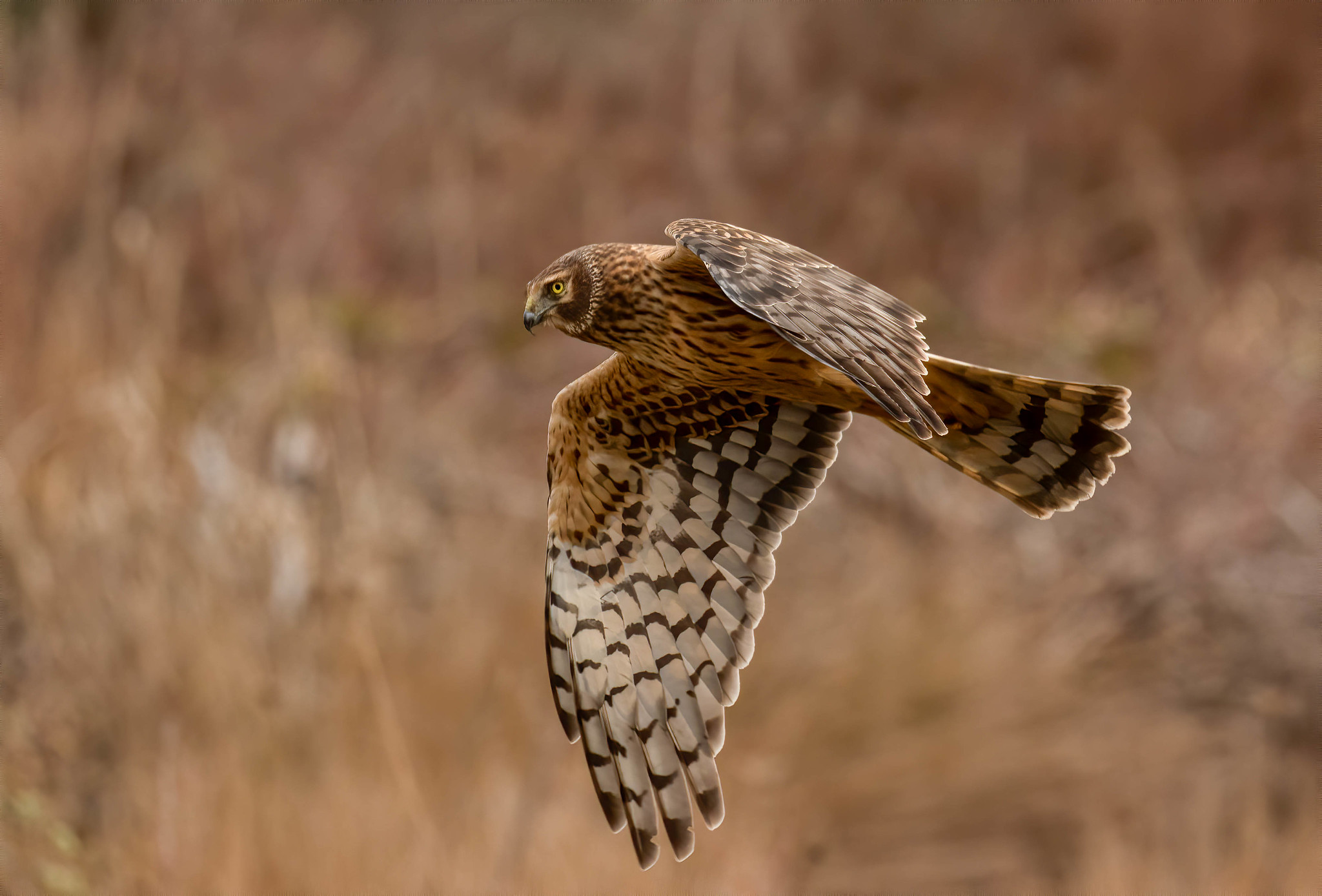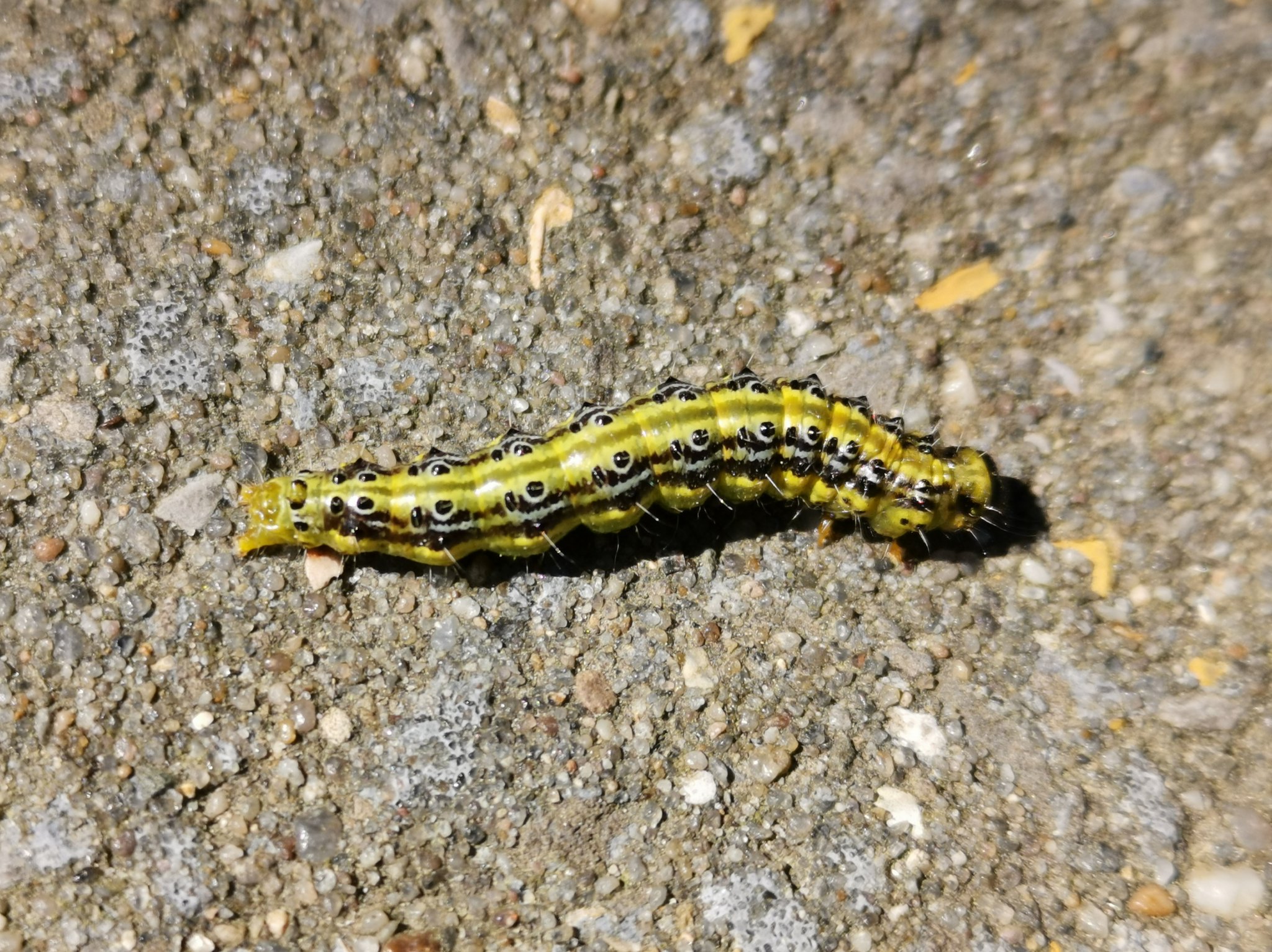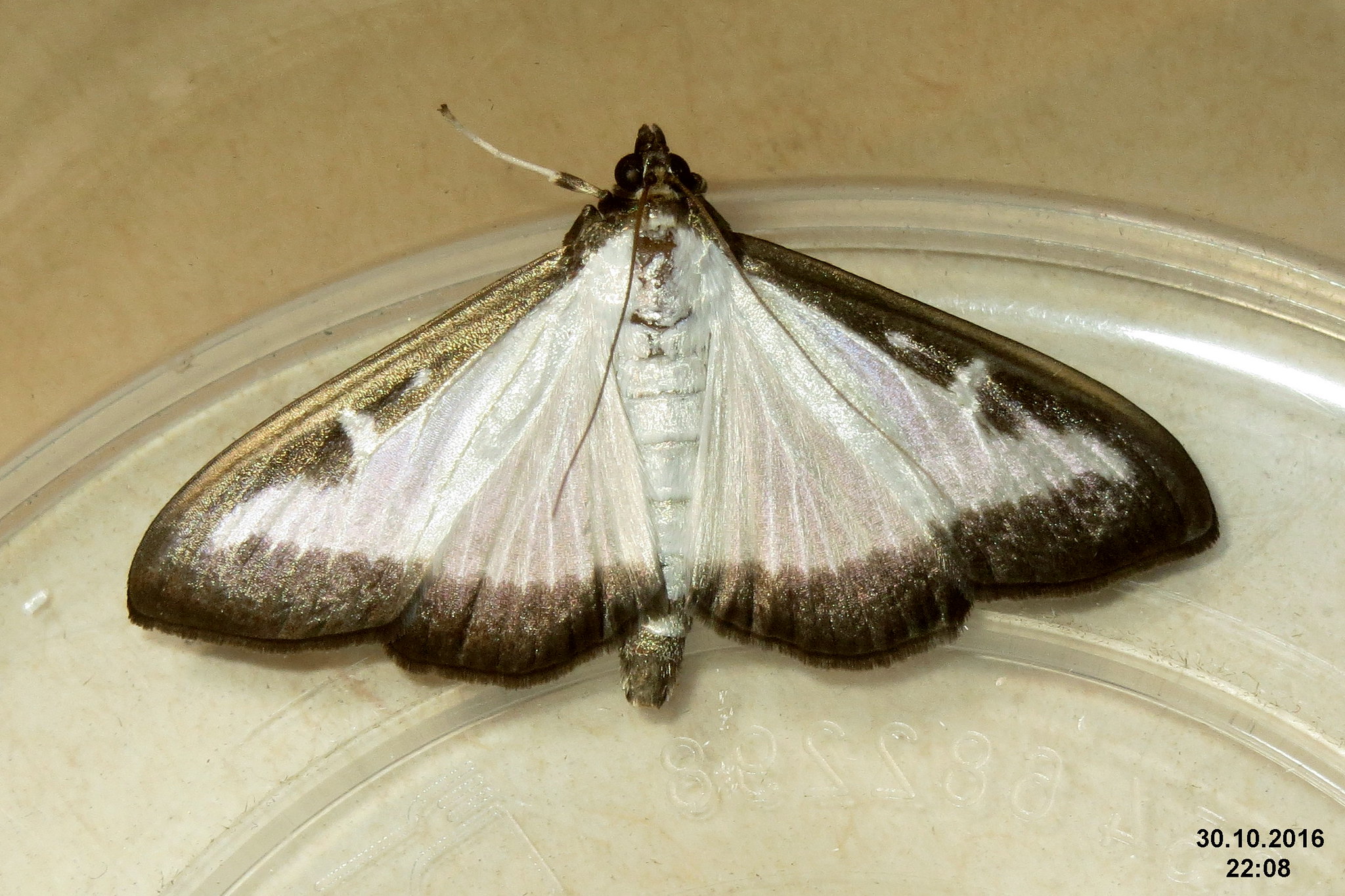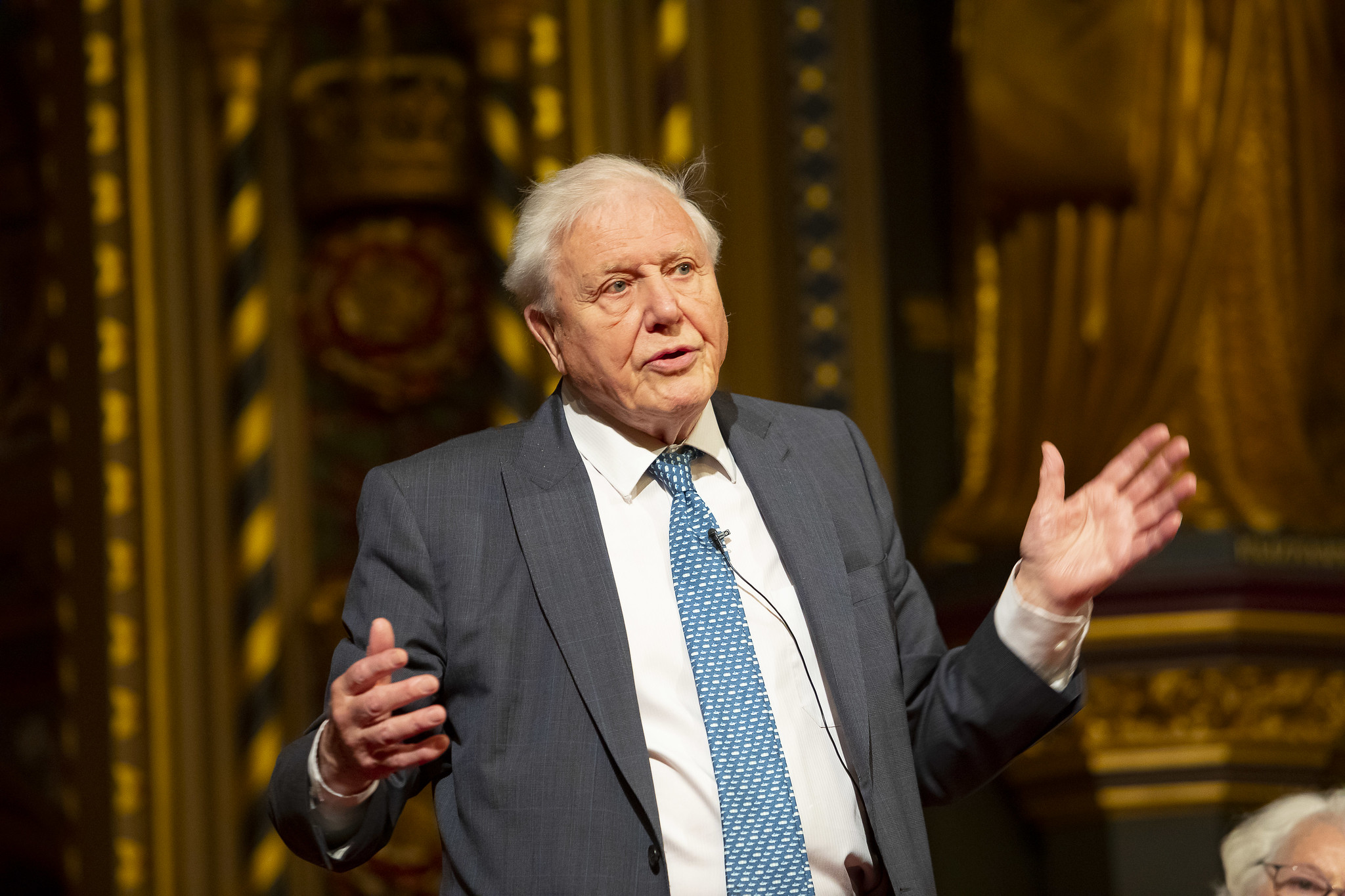 With a million species at risk of extinction, David Attenborough explores how this crisis of biodiversity has consequences for us all, including putting us at greater risk of pandemic diseases.
With a million species at risk of extinction, David Attenborough explores how this crisis of biodiversity has consequences for us all, including putting us at greater risk of pandemic diseases.
This is available to watch on BBC iPlayer.
Sir David Attenborough photo by ukhouseoflords under Creative Commons.

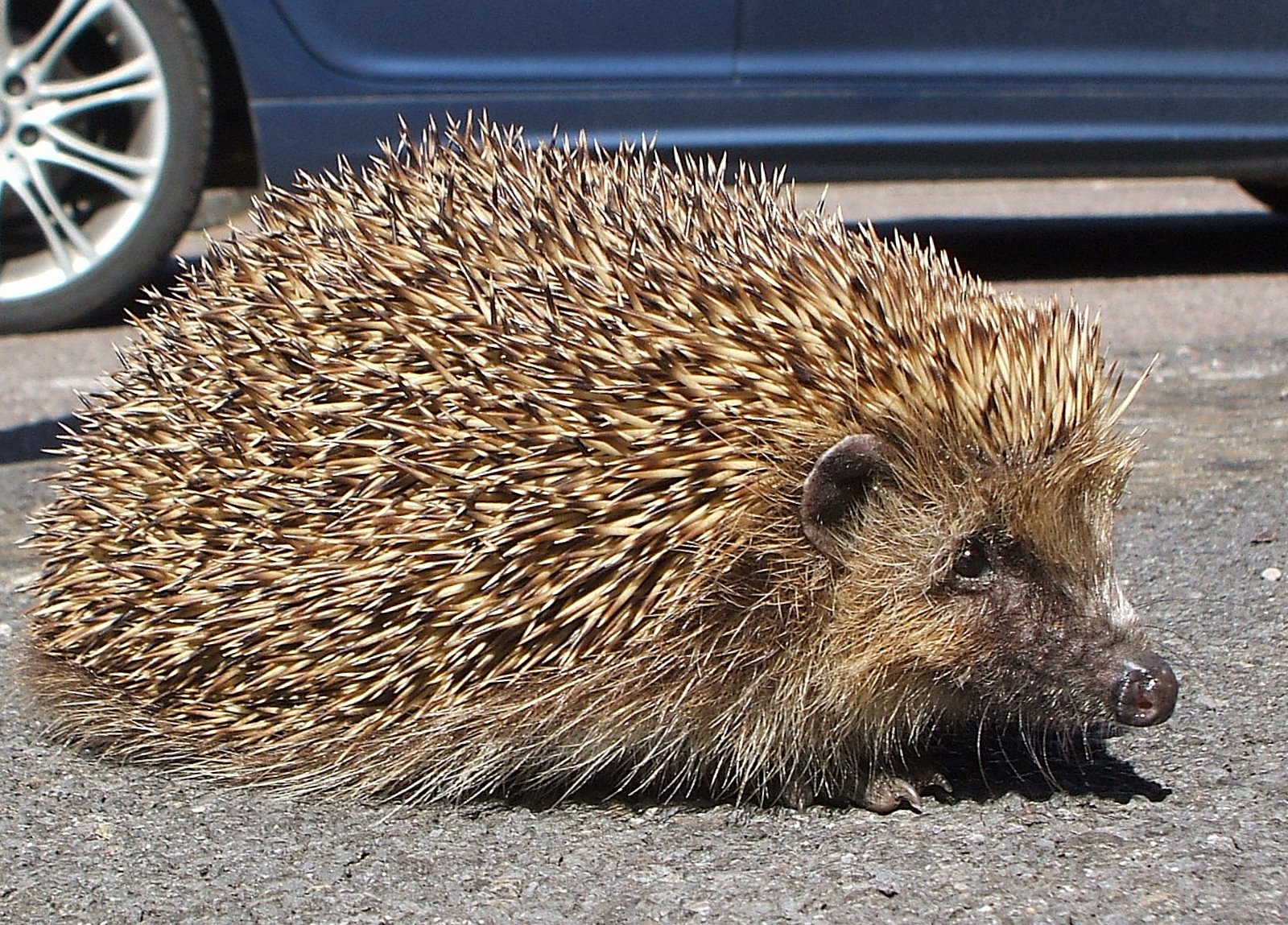
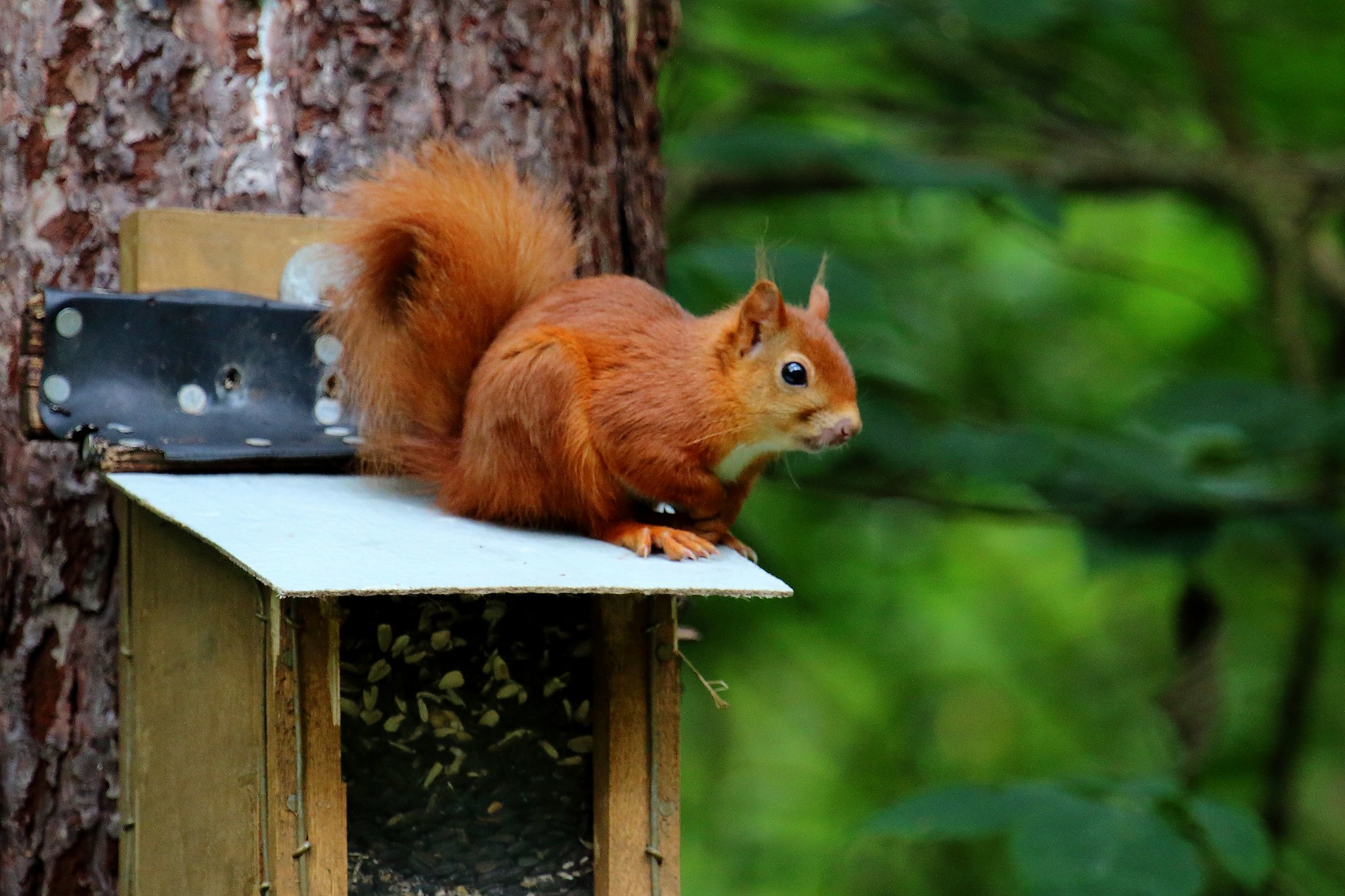 The
The 